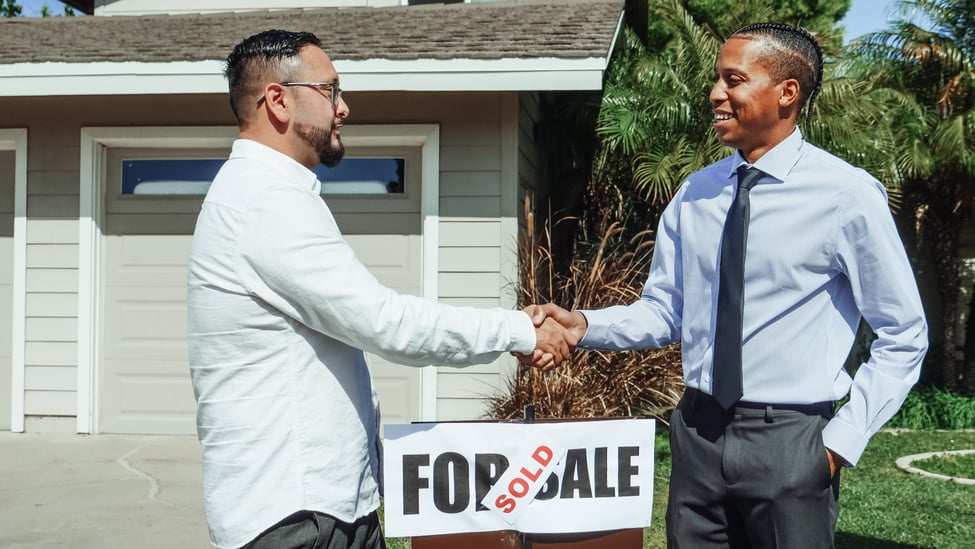Photo by Kindel Media from Pexels
As a first-time buyer, you need to consider how much you can afford to spend before you start looking for a home. One biggest expense would be the mortgage, but there are other costs you should be aware of.
Knowing how your current financial situation will prepare you before meeting with a mortgage broker or bank. Working out your finances will give you a clear financial picture of where you are now and how it will look like after you buy a home.
1. How much are you spending now?
Calculate your current spending on a monthly basis.
Here are sample expenses:
Household expenses
- Groceries
- Tuition
- Clothing
- Gifts
- Housing maintenance
- Gifts
- Child Care
Entertainment Expenses
- Dining out
- Spectator events
- Magazines and Books
- Hobbies
- Travel
Loans and Debts
- Credit Cards
- Car Loans
- Personal Loans
- Lines of Credit
- Student Loans
- Mortgages for properties already owned
Savings and Donations
- RRSP
- TFSA
- Savings Account
- Charitable Gifts
Subtract the number from your total monthly net income (the amount of money your household earns on a monthly basis after taxes and deductions.)
2. How much can you afford?
Calculate how much you can spend on housing each month without putting your financial health at risk.
What can you afford to pay for a home?
Here are the two simple rules:
Rule 1Your monthly housing costs should be no more than 32% of your average gross monthly income.
Housing costs include:
Your monthly mortgage payment (principal and interest)
Property taxes, heating expenses, 50% of condo fees (if applicable)
Rule 2
Your monthly debt load should be no more than 40% of your average gross monthly income.
Your monthly debt load includes:
- Housing costs
- Car loans or leases
- Credit card payments
- Line of credit payments
- Other mortgage payments
3. Figure out the upfront costs
Have you saved enough to pay the following expenses?
- Deposit - The initial amount that is paid when you make an offer to purchase
- Home inspection and appraisal fees
- Balance of Down payment – Total down payment less initial deposit
- Insurance costs- Includes property insurance, mortgage loan insurance, etc.
- Land registration fee- Based on a percentage of the purchase price of the property
- Prepaid property taxes and utility bills - You may have to reimburse the seller for bills paid in advance
- Legal or notary fees
- Potential repairs or renovations
- Moving costs
- HST on the purchase price (for newly built homes) or on the mortgage loan insurance (if applicable) if the property is purchased in Ontario.
4. How will your budget look as a homeowner?
You need to be sure to include the expense you can think of.
You may have a trouble qualifying for a mortgage if you’re monthly housing costs are over 32% and your debt load would be more than 40% of your gross income.
What should you do next?
If your calculations look good and you think you can afford the home then you are ready. If your concern is making the mortgage payment or your finances you can make some adjustments.
Here are some things your can do to improve your chances:
- Meet with a credit counsellor or your lender
- Look at your current budget
- Pay off some loans
- Save for a few more years
- Lower your price range
If you are planning to buy a home, I can help you. Call me at 647-834-9928 or email at [email protected] or visit our webpage.

